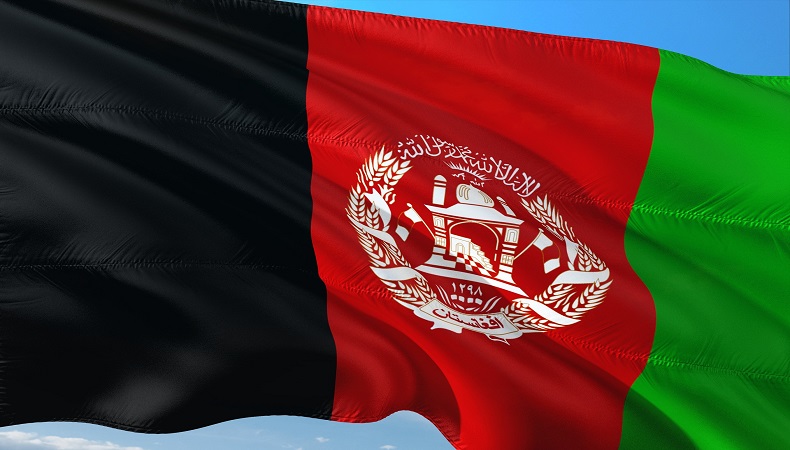Afghanistan: New ISIS attack on a mosque in Kunduz kills at least 100 people


The attack was later claimed by Isis. According to the New York Times, the number of victims is over 100, and it is probably destined to rise. On the spot, Doctors Without Borders also announced a team of theirs at work at the Kunduz Trauma Center. The Taliban immediately condemned the attack through their spokesperson Zabiullah Mujahid who on Twitter spoke of “many of our Shiite compatriots martyred and injured in the explosion,” without however providing the exact number of victims. The Taliban exponent added that a special unit was sent to the scene of the attack to investigate. A teacher said many of his neighbors are among the victims and that the explosion moved house where he lives, a stone’s throw from the mosque.
“There are terrible scenes, a 16-year-old also died, but they only found half of her body”. Ambulances rushed back and forth in the area to take away the dead and injured, dozens of images circulated immediately. This attack came a few days after that, on October 3, when a Black Flag commando detonated a car bomb near the Eid Gah Mosque in Kabul, killing 12 people and injuring 32. symbolic value because it was carried out during the funeral of the mother of Zabiullah Mujahid.
A real challenge to the Taliban leadership was weakening it and starting a civil war in the country. Also, on that occasion came the claim of the Afghan branch of Isis, the ‘province of Khorasan,’ which has repeatedly targeted the Hazara community, persecuted and pointed out as a “heretical sect” by Islamic extremists. A few months ago, in May, jihadists massacred over 85 students with car bombs and IEDs in an attack on a Shiite minority school in Kabul.
Meanwhile, the blitzes announced by the Taliban follow one another: most recently, the governor of the Khost region, a stone’s throw from the eastern border with Pakistan, announced the arrest of 14 jihadists “arriving from all over the country who were preparing to strike.” For its part, ISIS claims attacks against the Taliban in various parts of the country, which the new government denies.




